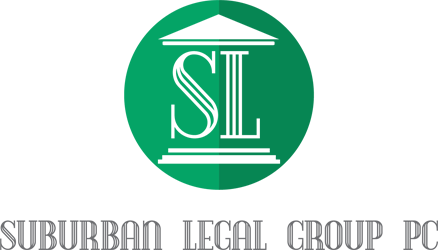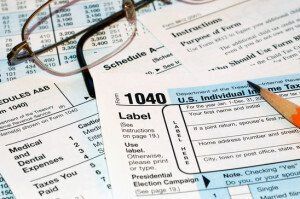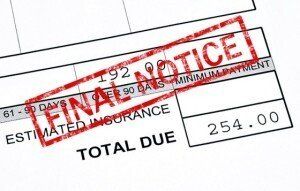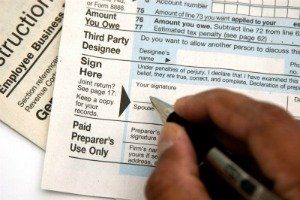Recent Court Cases, CFPB Changes, and the FDCPA
The Fair Debt Collection Practices Act (FDCPA) was passed in 1978, but a recent court case may impact how the law treats some mortgage servicers and other financial entities. The U.S. Court of Appeals for the Eleventh Circuit upheld a lower court’s decision on the communications made by debt collectors to third-party print vendors.
According to legal publication J.D. Supra, some loan services may need to modify their operations because of the court decision.
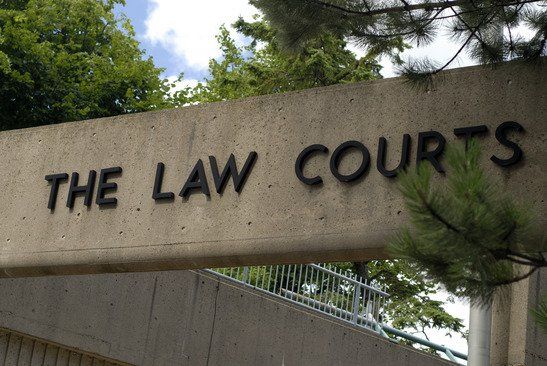
“They affirmed that a debt collector’s communication of a consumer’s personal information to a third-party print vendor violated the Fair Debt Collection Practices Act’s prohibition on third-party communications in connection with debt collection under 15 U.S.C. § 1692c(b).”
So, for example, a loan servicer who is also classified as a debt collector would need to modify operations as far as their use of third-party vendors for actions like printing debt collection notices and other paper ephemera.
In the recent court case, the plaintiff alleged that a collection agency called Preferred Collection sent his personal information to a print vendor so that the third-party printer could print a dunning letter. A dunning letter is an initial communication from a debt collector that a debt is allegedly owed.
The lawsuit suggested that the collection agency transmitted personal details that included his name, how much he owed on the debt, and the reason for the debt (medical treatment for his son), and his son’s name.
Information from J.D. Supra on the court case explains further:
“The court concluded that in the context of § 1692c(b), the phrase “in connection with the collection of any debt” has a “discernible ordinary meaning that obviates the need for resort to extratextual ‘factors.'” The court rejected Preferred Collection’s reliance on the multifactor test.”
Changes from the Consumer Financial Protection Bureau
In late 2020, the Consumer Financial Protection Bureau (CFPB), which is the government entity that guides the implementation of the FDCPA, published a “final rule” to clarify some parts of the FDCPA. The final rule concerns harassment and abuse, unfair practices, and misleading or false representations made by debt collectors.
The government received more than 14,000 comments from the public during the process of creating the rule, and the agency took more than seven years to finalize the details.
“…for example, the rule establishes a presumption on the number of calls debt collectors may place to reach consumers on a weekly basis. A debt collector is presumed to violate federal law if the debt collector places telephone calls to a particular person in connection with the collection of a particular debt more than seven times within seven consecutive days or within seven consecutive days of having had a telephone conversation about the debt.”
According to the CFPB, the final rule was necessary because of the significant changes in communications that have occurred since the FDCPA was passed in the late 1970s. The entirety of the CFPB’s publication is available for viewing as a PDF on the government’s
Consumer Finance website.
Are Debt Collectors Harassing You?
Would you like assistance from an experienced legal professional with experience in debt collection law and the FDCPA? Contact Suburban Legal Group for help. A consultation is the first step.
DISCLAIMER: All information on this website is provided for informational purposes only and is not intended to be construed as legal advice. Suburban Legal Group P.C. shall not be liable for any errors or inaccuracies contained herein or any actions taken in reliance thereon.
